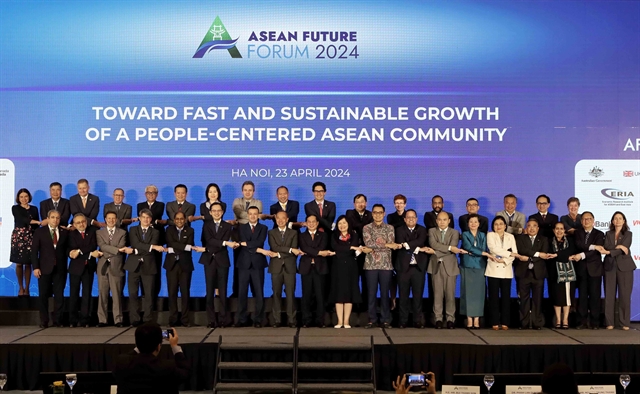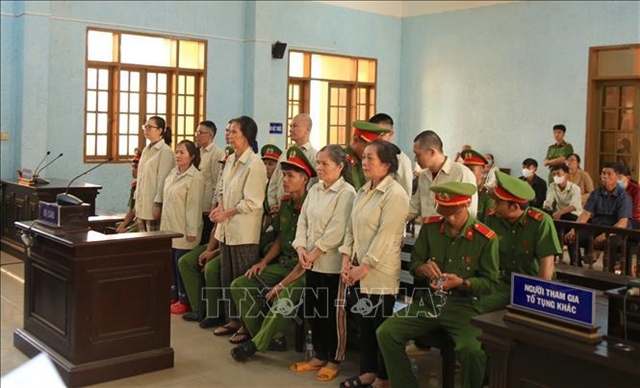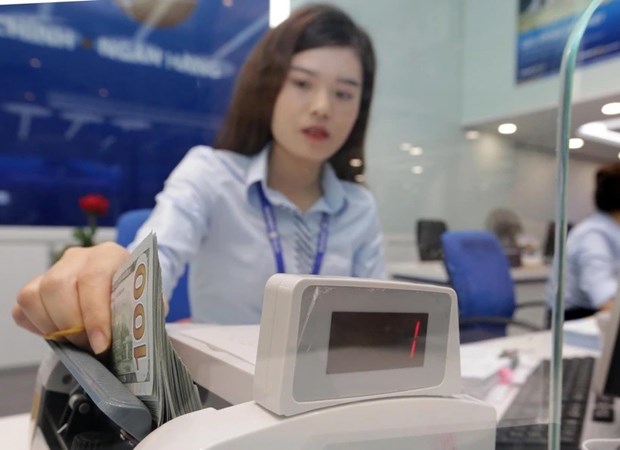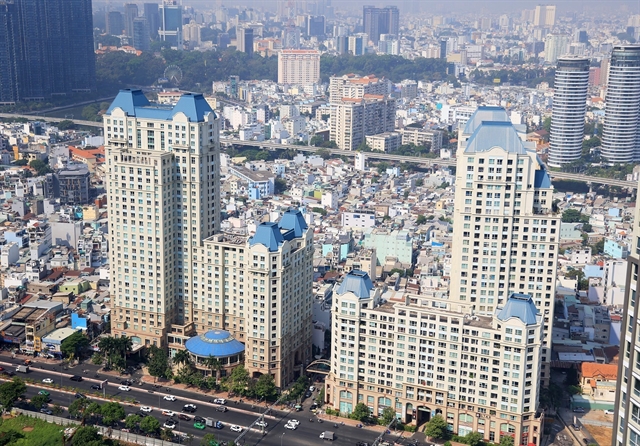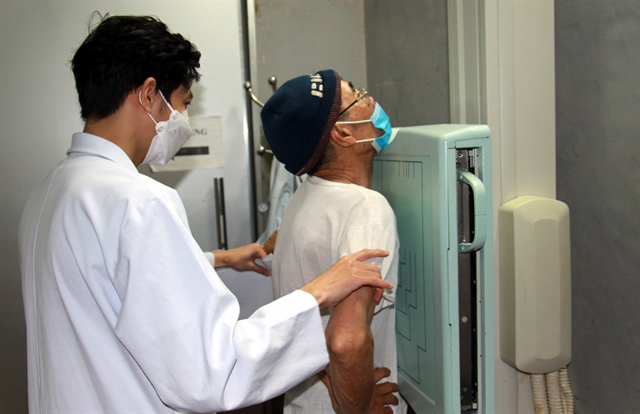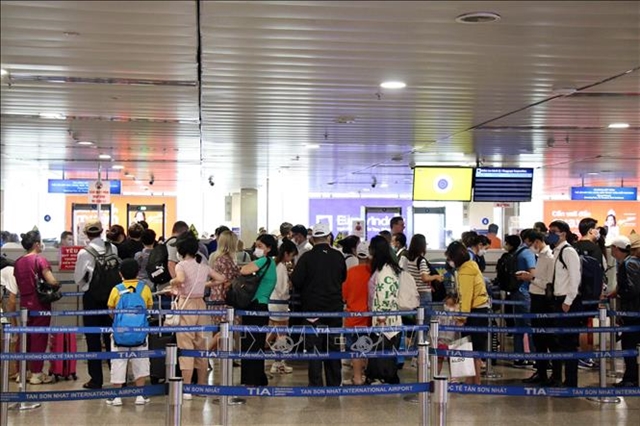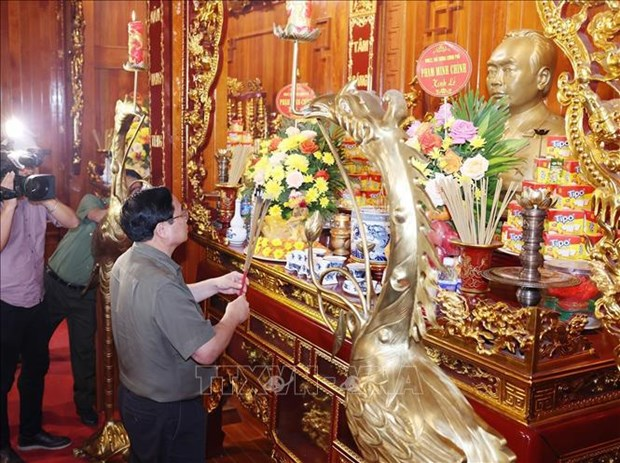 Life & Style
Life & Style
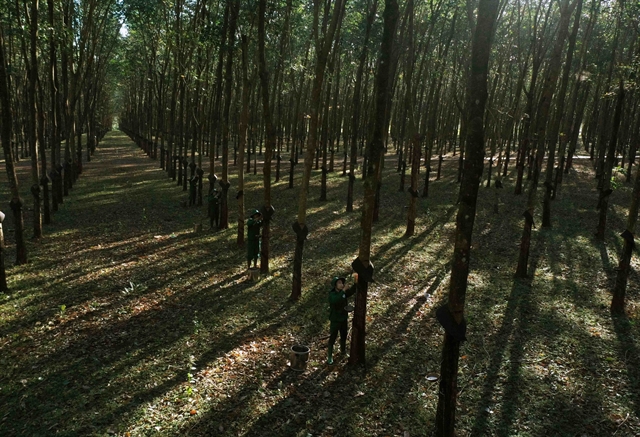
Since the restoration of independence in 1991, Azerbaijan has achieved significant development of its economy via the implementation of big transnational energy, transport and infrastructure projects.

|
| A view of Baku, the capital of Azerbaijan. Photo courtesy of the embassy |
HÀ NỘI It is one of the most glorious and important days in the history of Azerbaijani statehood.
On May 28, 1918, with the adoption of the historic 'Declaration of Independence' the Azerbaijan Democratic Republic (ADR), the first parliamentary democratic republic in the East and in the whole Muslim world was created. Despite existing for only two years, the multiparty Azerbaijani Parliamentary republic and coalition governments managed to implement a number of measures on nation and state-building, education, creation of an army, independent financial and economic systems and equal rights for all.
Unfortunately, the ADR existed only for 23 months and on April 28, 1920, the Azerbaijani people lost their sovereignty for a long 71 years. The present-day independent state of Azerbaijan is the legal successor of the ADR.
Since the restoration of independence in 1991, Azerbaijan has achieved significant development of its economy via the implementation of big transnational energy, transport and infrastructure projects. We take an active part in the implementation of the North-South and East-West transport corridors including the creation of the Trans-Caspian International Route and the opening of the Baku-Tbilisi-Kars railway communication system. Azerbaijan is the initiator of a major energy project called the Southern Gas Corridor to bring Azerbaijani natural gas to Europe. These energy and transport corridors do not just simply involve energy and cargo. These are comprehensive co-operation corridors which significantly contribute to the development of the entire region.
I am proud to call relations between Azerbaijan and Việt Nam historical as the collaboration and friendship between our nations started long before the restoration of Azerbaijan’s independence. National leader of Azerbaijani people Heydar Aliyev and President Hồ Chí Minh were the founders of these strong relations.
Việt Nam is one of the key partners of Azerbaijan in Southeast Asia. The relations between us have been expanding and deepening in recent years with more dynamism in a mutually beneficial way. Exchange of visits of presidents of both countries gave a strong impetus to activating bilateral co-operation. Friendly relations between the two countries have been constantly consolidated and developed and offer numerous opportunities to expand co-operation in all spheres of mutual interest including within the framework of international organisations. In 2020, Azerbaijan chairs in the Non-Aligned Movement, while Viet Nam chairs ASEAN. I am sure this fact enables our countries to deepen mutually beneficial co-operation and mutual support.
It should be noted that there is a full mutual understanding of political issues among our countries, and thus political relations are at a high level. Mutually beneficial co-operation is being expanded in this direction. Unfortunately, the level of co-operation in the economic sphere does not meet the big potential of our countries. In this regard, both parties have the intention to activate economic co-operation.
Việt Nam and Azerbaijan are placing a priority on boosting bilateral co-operation in economy and trade, particularly in oil. I consider energy co-operation a key sector within the two countries’ bilateral co-operation framework.
Azerbaijan is known globally as a large oil and natural gas producer and exporter. Oil and gas extraction has an extensive history in Azerbaijan, and its capital city, Baku, was the birthplace of mechanised oil extraction and transportation. Today, energy remains one of the main pillars of Azerbaijan’s economy, due to its huge oil and gas resources and its status as a reliable and committed exporter. The two sides are closely co-operating in the oil sector. Based on agreements signed between companies of our countries, Azerbaijan exports crude oil to Viet Nam, but energy co-operation between our countries covers different directions, from training and scientific co-operation to trade. I have no doubt this co-operation will be enhanced.
Co-operation in transport is also a promising area of co-operation. Recently, the railway project Baku-Tbilisi-Kars was finalised and started to operate. This project aims to connect the railways of Azerbaijan, Georgia, and Turkey, thus connecting Asia and Europe.
By using that connection, Vietnamese companies can send goods to Europe or receive them from there in a faster and cheaper manner. We are also working with our esteemed Vietnamese partners to boost our two countries’ bilateral co-operation in international transportation.
Azerbaijan and Việt Nam are actively co-operating in the humanitarian sphere. In this regard, I would like to underline a tremendous job which has been done the recent years by Azerbaijan - Việt Nam Friendship Association, as well as the Centre for Azerbaijani Culture and History Studies. These organisations play an important role in cultural exchange and people-to-people contacts between Azerbaijan and Việt Nam and strongly contribute to developing bilateral relations in the humanitarian sphere. VNS

